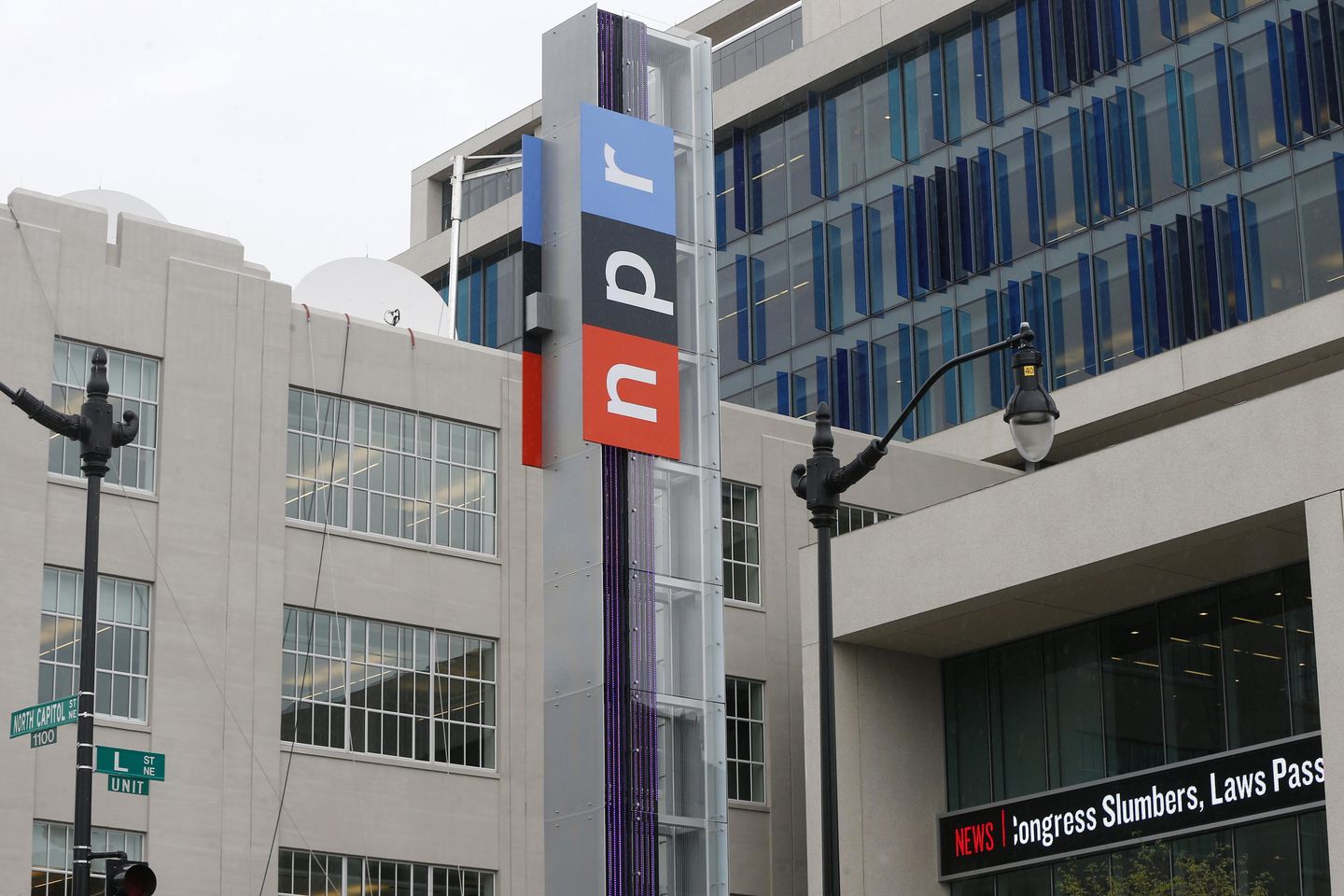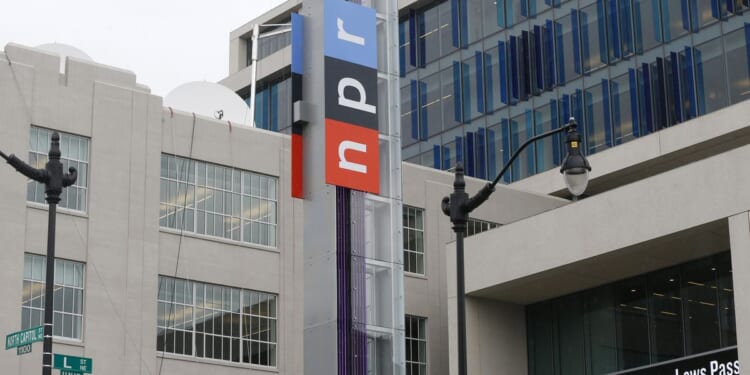
Congress should eliminate or change the rules for taxpayer funding to National Public Radio because it reports news with a significant liberal bias, experts told the House on Wednesday.
Lawmakers on the Energy and Commerce Committee were eager to grill NPR President and CEO Katherine Maher about her left-wing posts on social media and her response to a whistleblower report from a company insider who said NPR journalists became overly focused on diversity and gender issues, as well as damaging the Trump presidency.
But Ms. Maher, who in 2020 called Mr. Trump “a deranged, racist sociopath,” was a no-show on Capitol Hill.
“She didn’t want to answer those questions,” said Rep. Dan Crenshaw, Texas Republican.
Instead, she provided an 11-page statement that mostly outlined NPR‘s operations and funding. Ms. Maher cited a previously scheduled NPR board meeting and said she’s working on a date to appear at a future hearing.
Lawmakers said Ms. Maher, hired by NPR on March 25, also told them she needed additional time to prepare for the hearing, which was scheduled last week.
Ms. Maher’s statement warned against congressional meddling in its newsroom and said NPR provides a critical service to communities around the country and strives to adhere to the highest standards of journalism.
“To be clear, I do not direct or influence editorial decisions,” Ms. Maher said. “I, like all NPR CEOs before me, am on the other side of the firewall that is rooted in the protections of the First Amendment.”
Her absence Wednesday did not stop the committee from considering changes to NPR’s federal funding formula, pitched by critics and experts who say the station uses taxpayer funding to bash Republicans.
Lawmakers announced the hearing weeks after NPR editor Uri Berliner detailed the station’s lurch to the left in a viral essay posted on The Free Press.
Mr. Berliner, who has since resigned, reported that NPR “veered toward efforts to damage or topple Trump’s presidency” while race and identity “became paramount in nearly every aspect of the workplace,” and NPR began to completely shut out viewpoint diversity.
Mr. Berliner’s essay revealed examples of biased journalism, including NPR’s decision not to report on the damaging information discovered on Hunter Biden’s discarded laptop computer in the days leading up to the 2020 election.
“When an entity that was created by Congress, and that receives taxpayer funding, strays from their core mission, there needs to be accountability and oversight,” said Committee Chair Cathy McMorris Rodgers, Washington Republican. “The Energy and Commerce Committee will fulfill its responsibility to investigate the allegations against NPR and take appropriate action based on what we find.”
NPR is slated to receive more than $91 million in 2024 from the taxpayer-funded Corporation for Public Broadcasting, much of it from fees paid by member stations for shows including “All Things Considered” and “Morning Edition.”
The panel’s top witness, former CPB board member Howard Husock, told lawmakers Congress should change how taxpayer funds are allocated to NPR member stations to allow them to keep more of the federal funding provided to them for local news gathering instead of having to spend the money on content from NPR.
“Rather than simply getting revenue from local stations, NPR should look to them for journalism — stories that surprise rather than hector, stories that will tell us about the range of dramas, conflicts, issues and celebrations in communities across the country,” Mr. Husock proposed.
A second witness, Americans for Tax Reform federal affairs manager James Erwin, said the federal government shouldn’t be funding any media. He proposed a system to allow taxpayers to voluntarily provide money to NPR on their tax returns. Or, Mr. Erwin suggested, the federal government should slash funding to the CPB and cut NPR out entirely and only fund local public stations.
“If Congress must fund CPB, give it a 30% budget cut and mandate the remainder be spent solely on affiliate grants, which can then use them however they please by licensing content from diverse sources,” Mr. Erwin proposed.
A witness invited by Democrats denounced the hearing and Mr. Berliner’s complaints.
Free Press Action CEO Craig Aaron said Mr. Berliner’s criticisms about NPR “don’t hold water.” He warned Congress would violate the First Amendment by dictating who NPR hires, which some lawmakers proposed in response to Mr. Berliner’s revelation that most of the staff are registered Democrats.
“Threats to defund NPR, based on any perceived failure to cover certain topics or imbalance of political representation in the newsroom, strike at the heart of that journalistic freedom,” he said.
Democrats on the panel defended NPR’s coverage as high-quality journalism and compared the GOP’s hearing to McCarthyism.
“These Republican attacks are unfortunate considering that public media plays an important role in all of our communities and should be supported now more than ever,” said Rep. Frank Pallone, New Jersey Democrat and the panel’s ranking member.
Tim Graham, executive editor of the Media Research Center’s Newsbusters.org, told lawmakers it’s not surprising Democrats are defending the status quo at NPR.
“It works very very well for them,” he said. “Obviously. Democrats like the system exactly as it is right now.”

